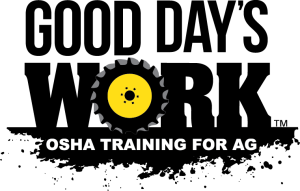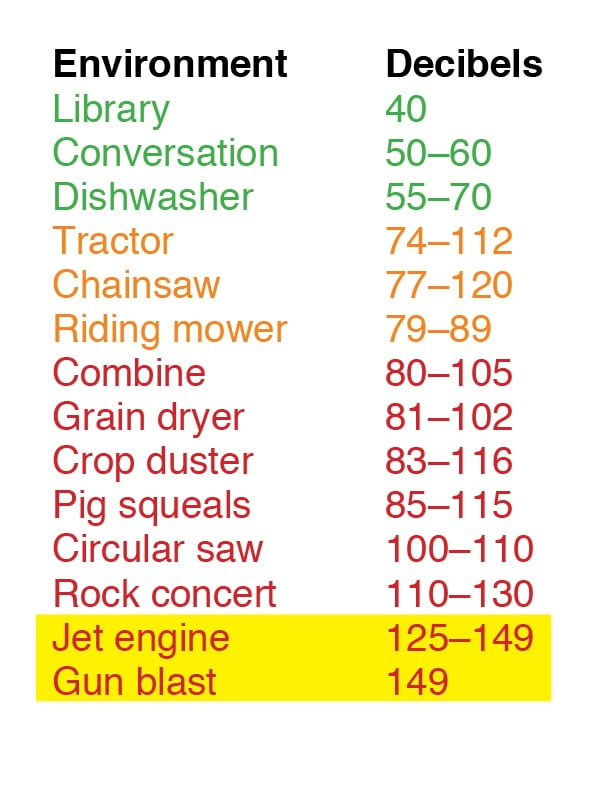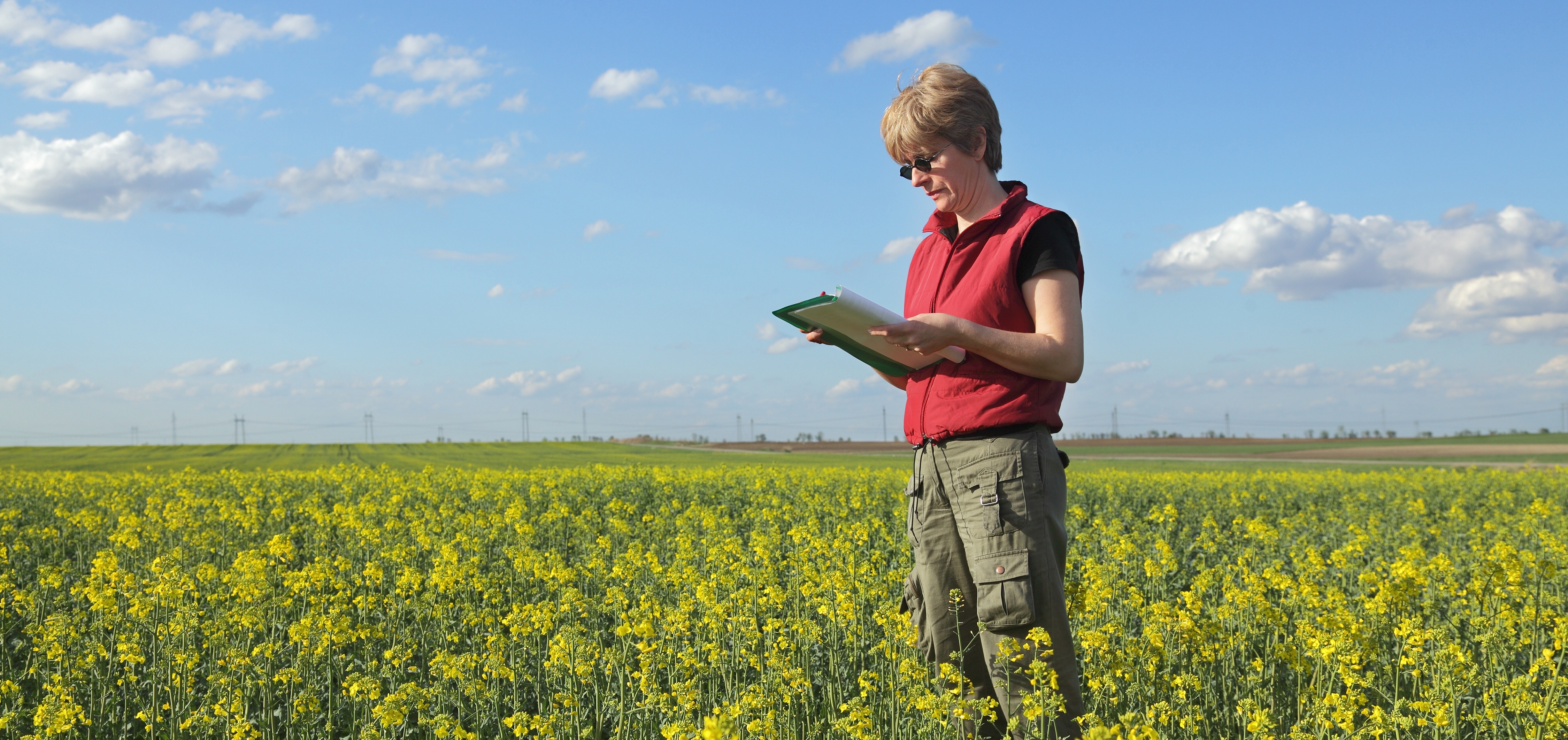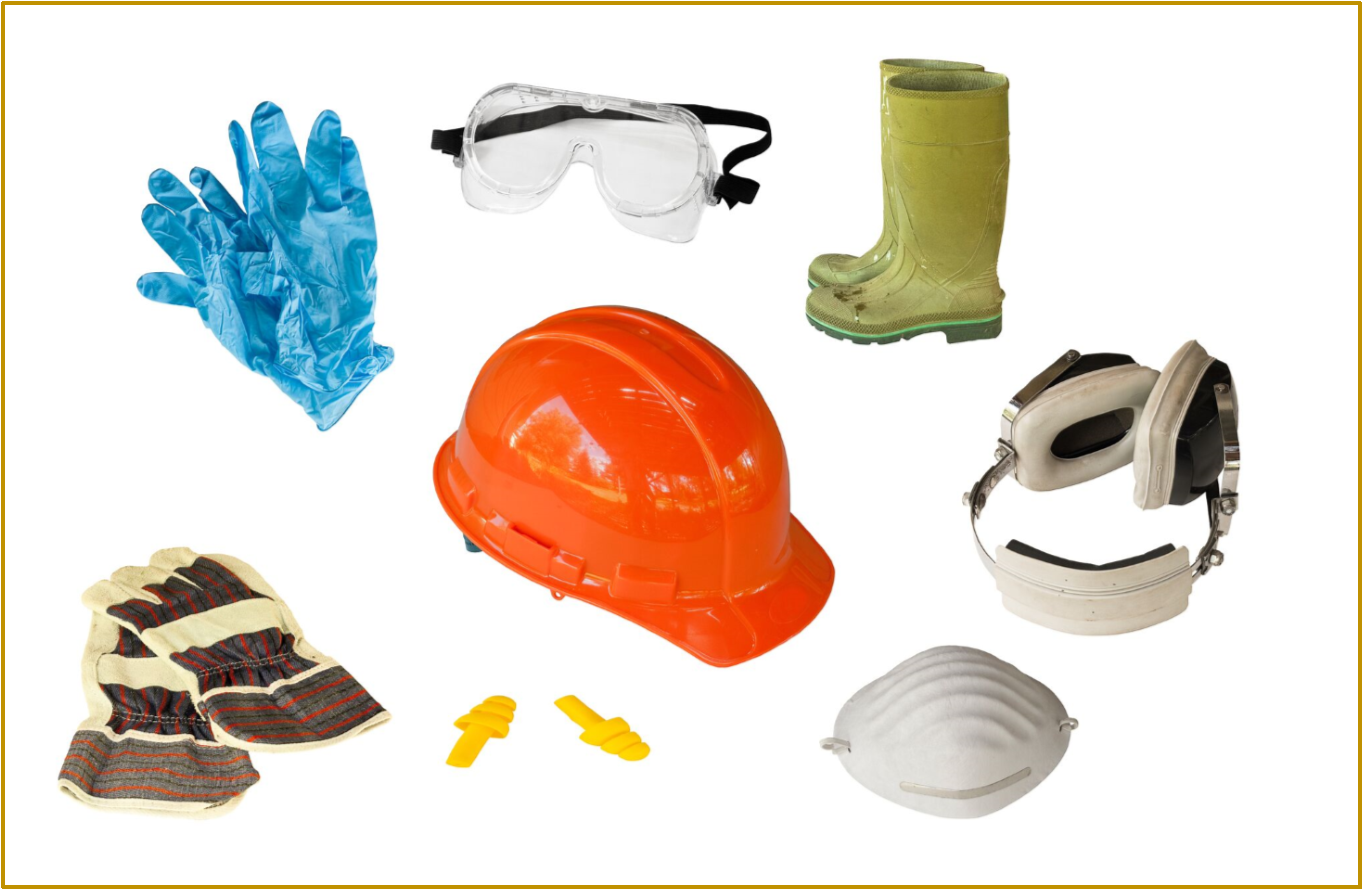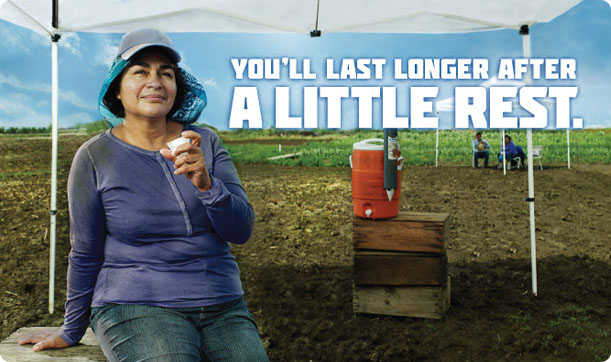On the farm, we use our hearing to do our jobs better. The problem is, when it comes to hearing safety, most threats are long term. We don’t sense any immediate harm. This week's farm safety tips address why it’s important to train your employees on hearing protection.
Farm Safety Tips: Making the Case for Hearing Protection...
Topics: farm, personal protective equipment (PPE)
If you have a dairy operation in Wisconsin or upstate New York, or a pork production facility in Minnesota, or a feedlot in the plains states, you know that OSHA has been looking at you with greater intensity. Other parts of the country are seeing similar increases in inspection activity. States with their own OSHA agencies have regulations that are more strict than those of federal OSHA. With Agriculture being the last high-risk industry that they haven’t targeted for significant improvements, it’s only logical that they would go here next. Additionally, it is now commonplace for a disgruntled former employee to report specific infractions to these agencies in retaliation for perceived unfairness or mistreatment. If you aren't compliant, just think of that inspector going through your operation with a checklist, ringing up expenses to you faster than a teenage girl using dad's credit card to shop for the prom.
Topics: OSHA law & compliance, OSHA inspections & violations
Farm Safety Tips: Respiratory Protection and Keeping You Safe
Ah, the great outdoors—crisp, clean air and the refreshing smell of morning dew! Yes, this is just one of the reasons many of us really love farming. On the other hand, does farming generate hazards for our respiratory systems? Not only is the answer a resounding “yes,” but some of the most treacherous respiratory dangers are actually unique to farming.
Topics: air/respiratory, agriculture, chemicals
Calculating an OSHA Penalty
Topics: OSHA law & compliance, agriculture
Earlier this week, we discussed the first fundamental reason for having someone on your staff—even if it’s you—dedicated to safety. Having a single point-person fulfill this role is critical to maintaining the clear, consistent communication that optimizes safety among your employees.
Topics: safety director, OSHA law & compliance
If you’re running an agribusiness, you probably rely on a few key people for their expert opinion or advice, like your vet or crop specialist. Now that you’ve decided to ramp up the operation’s ag safety program, you might be looking to expand that list of trusted advisers to include a safety director or safety consultant.
Topics: safety director, OSHA law & compliance
Are Safety-Training Videos Enough to Meet OSHA Compliance?
For agribusiness owners considering options for employee safety training, the question often arises--Will videos alone satisfy OSHA requirements, or do I have to hire a safety expert to come on site and conduct some kind of formal training?
Topics: agriculture
Personal Protective Equipment: The Most Important Tool in Your Toolbox
Generally speaking, agriculture doesn’t place enough emphasis on personal protective equipment (PPE). Failure to use PPE can have devastating consequences in both the short-term and long-term.
We’ve all been there.
- Not wearing gloves when you know flowing material has sharpened the edges of the equipment you are working on to a razor edge.
- Not wearing goggles when you know the chemical you are using could harm your eyes.
- Purchasing boots without steel toes out of concern for comfort when you know the steel toe version would better protect your feet.
- Not using ear muffs when we are running the chainsaw even though you know your ears will ring for days afterwards.
Accurate fatality rates for agricultural workers from heat stress can be difficult to obtain due to the varied nature of these duties and the fact that some of the deaths on small farms may not be considered work-related. A review of publications would indicate that the fatality rate in agriculture is near 4 deaths per one million workers per year, or about 20 times higher than the .2 rate for other US workers overall. The most common cause of fatalities due to heat stress is not taking an adequate number of days to get fully acclimated to a hot working environment. See: Heat Illness and Death Among Workers (CDC): https://www.cdc.gov/mmwr/preview/mmwrhtml/mm6331a1.htm
Topics: heat stress
Tractor Safety
Tractors are among the most used and valued pieces of equipment in agribusiness. Not only are they used every day, they can be used all day long by different workers. It may come to no surprise that tractors are the primary source for most agricultural related fatalities.
- Overturns
- Run-overs,
- Entanglements
- Highway Collisions
Accidents involving agricultural tractors kill approximately 250 people a year and are by far the leading cause of death and serious injury in agriculture. Rollovers account for over half of those fatalities annually. It is estimated that 95% of tractor fatalities could be avoided.
Complacency Overlooked
Topics: tractors
